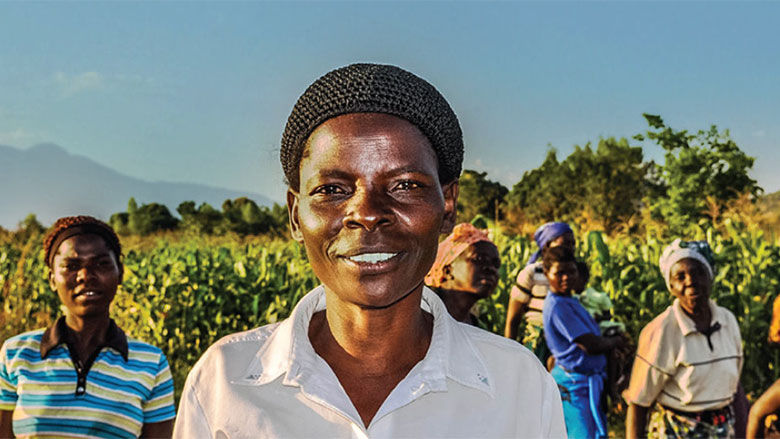Located within the Development Economics Vice Presidency, the Development Research Group is the World Bank's principal research department. With its cross-cutting expertise on a broad range of topics and countries, the department is one of the most influential centers of development research in the world.
The Development Research Group at a Glance
What's New

Health systems are central to building human capital, but expanding access alone does not guarantee better health outcomes.
This edition of Research Insights explores why increased coverage—through insurance, subsidies, or digital tools—often fails to translate into meaningful health gains.
Global evidence highlights the importance of provider incentives, quality of care, implementation capacity, and equity, while country-level research in Mali and Madagascar shows that while financial support and program integration can expand children’s access to care, persistent barriers and unequal participation limit impact.

The 10th Urbanization and Development Conference will bring together academics and development practitioners to present and discuss questions relating to jobs, firms, and growth in cities.
The two-day event will take place in Washington, DC. Day 1 (March 30) will take place in the World Bank MC Building and Day 2 (March 31) at the Johns Hopkins Bloomberg Center.
Preregistration is for general attendees (non-speakers) who would like to participate in the conference (online or in-person), and attendance is not confirmed until you receive an email from the Conference Organizing Committee.

Standards are the hidden infrastructure of modern economies—and they have never been more important. Developing countries today must contend with a thicket of increasingly stringent international standards, a product of globalization and rapid technological change. Using standards—and shaping them—is now a prerequisite for export growth, technology diffusion, and the efficient delivery of public services.
In this Policy Research Talk, World Development Report Director Xavier Giné will provide a deep dive into the World Development Report 2025: Standards for Development, which provides the most comprehensive assessment of the global landscape of standards today and how they can be used to accelerate economic development.

As climate shocks intensify, how can people, firms, and governments move beyond coping with disasters to anticipate, prepare for, and reduce the severity of shocks before they occur?
On December 2, World Bank Senior Economist Forhad Shilpi shared insights from the report Rethinking Resilience: Adapting to a Changing Climate, during the last Policy Research Talk of the year.
She presented the report's Five I’s strategy—income, information, insurance, infrastructure, and interventions—which can help countries shift from reactive relief to proactive adaptation, laying the foundation for inclusive growth and long-term prosperity.








